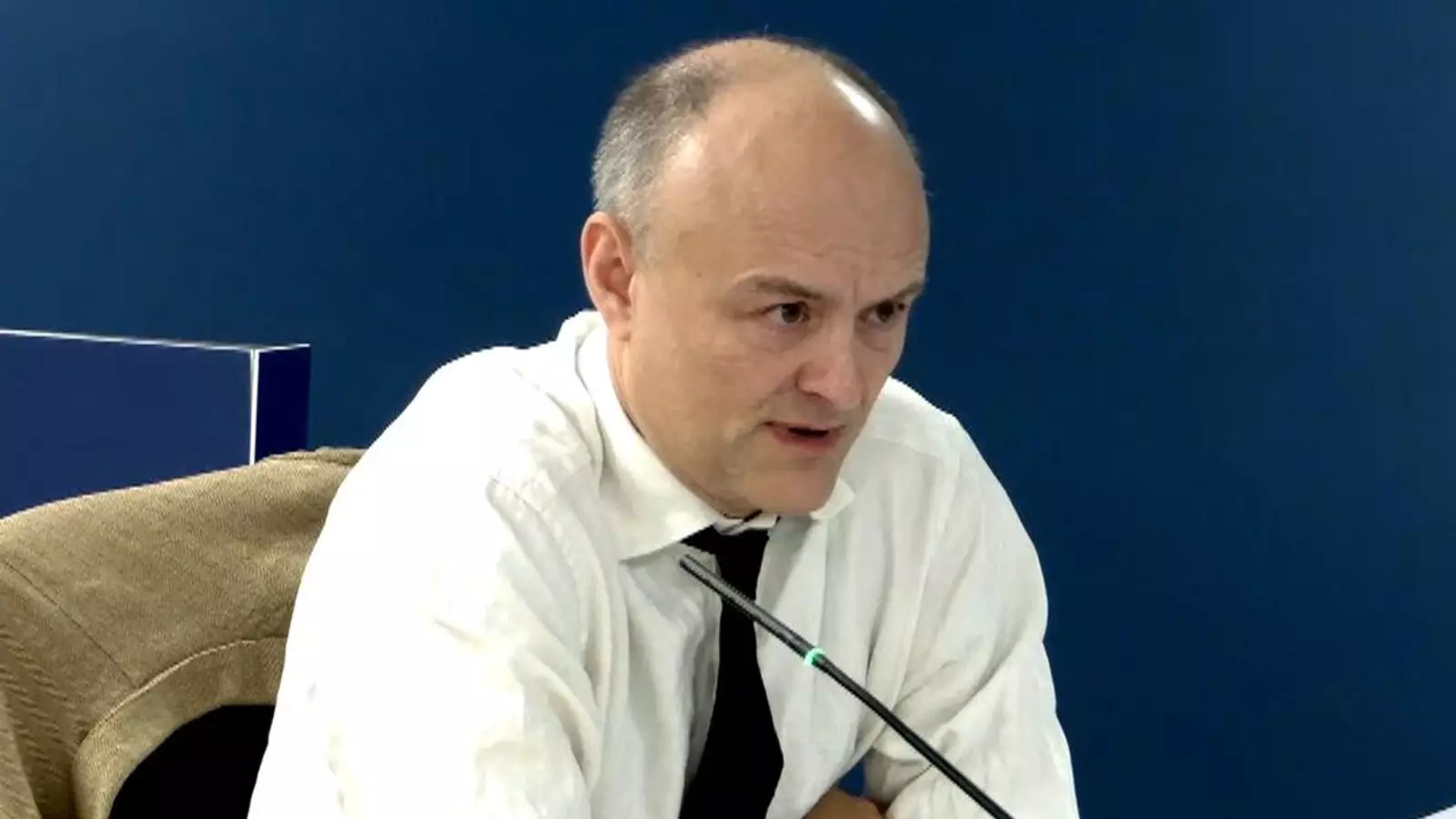In a startling revelation, Dominic Cummings, the former chief aide to Prime Minister Boris Johnson, has claimed that vulnerable groups were “appallingly neglected” during the early stages of the COVID-19 pandemic in Downing Street. This marked a grave failure in the planning system, as decision-makers failed to adequately consider the needs of ethnic minority groups and domestic abuse victims before imposing a national lockdown. Cummings described the situation in Downing Street as “complete chaos,” highlighting a severe lack of coordination and foresight.
A Lack of Shielding Plan
According to Cummings, one of the most appalling aspects of the government’s response was the absence of a shielding plan in March 2020. Shockingly, the Cabinet Office even attempted to block the creation of such a plan when it was urgently needed. This failure resulted in a significant number of vulnerable individuals being left unprotected and exposed to the virus. The consequences of this neglect cannot be understated, as it put countless lives at risk.
Missed Opportunities for Saving Lives
Cummings also emphasized that strict border controls and the rapid expansion of testing could have led to a much better outcome for both public health and the economy. However, a fatalistic approach prevailed among decision-makers, who were reluctant to consider alternative strategies to control the spread of the virus. This lack of innovation and adaptability hindered the government’s ability to effectively manage the crisis and protect the population.
Chaos and Confusion
The decision to implement a lockdown strategy in March was marred by chaos and indecisiveness. Cummings described the situation as “complete chaos,” with different aspects of the government failing to reach a consensus on the necessity of a lockdown. Instead of taking proactive measures to manage the virus within the community, a reactive approach was adopted, leading to detrimental consequences for public health.
Cummings revealed that he warned Prime Minister Johnson about the potential collapse of the National Health Service (NHS) on March 12, a crucial 12 days before the implementation of the national lockdown. He likened the situation to a “zombie apocalypse film,” highlighting the urgency and severity of the impending crisis. This revelation raises questions about the government’s delayed response and their failure to adequately prepare for the strain on healthcare services.
An Ineffectual Prime Minister
Throughout the inquiry, Cummings painted a portrait of Prime Minister Johnson as an indecisive leader, referring to him as a “trolley.” This characterization suggests a lack of leadership and direction at the highest levels of government during a time of unprecedented crisis. The prime minister’s alleged reluctance to pursue strict measures due to opposition within his own party further calls into question his ability to effectively lead the nation during times of crisis.
Cummings did not hold back in his assessment of the government’s handling of the pandemic. In a text, he called ministers “useless f***pigs, morons, c****,” a statement he claimed actually understated the true extent of their incompetence. This scathing critique reveals a toxic work environment and a lack of confidence in the abilities of those in power to effectively manage the crisis.
The testimony provided by Dominic Cummings sheds light on a deeply flawed decision-making process that resulted in appalling neglect of vulnerable groups and a fatalistic approach to the pandemic. The absence of a shielding plan, missed opportunities for saving lives, and indecisiveness at the highest levels of government all contributed to a catastrophic response to the crisis. It is imperative that lessons are learned from these mistakes to prevent similar failures in the future and ensure the protection and well-being of all citizens.


Leave a Reply